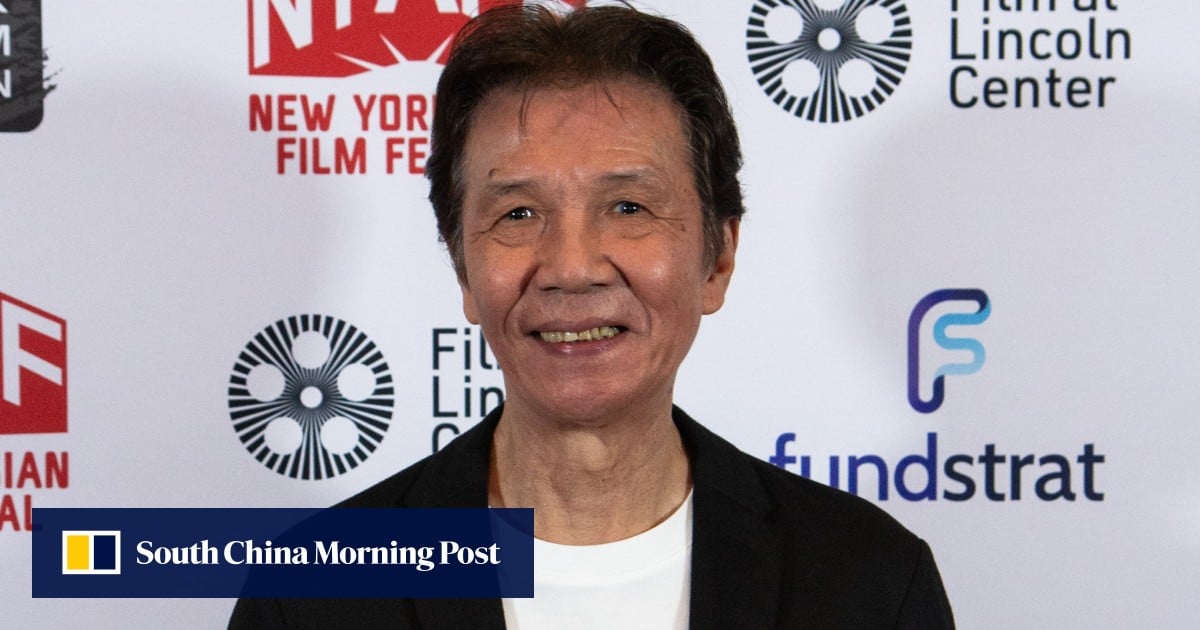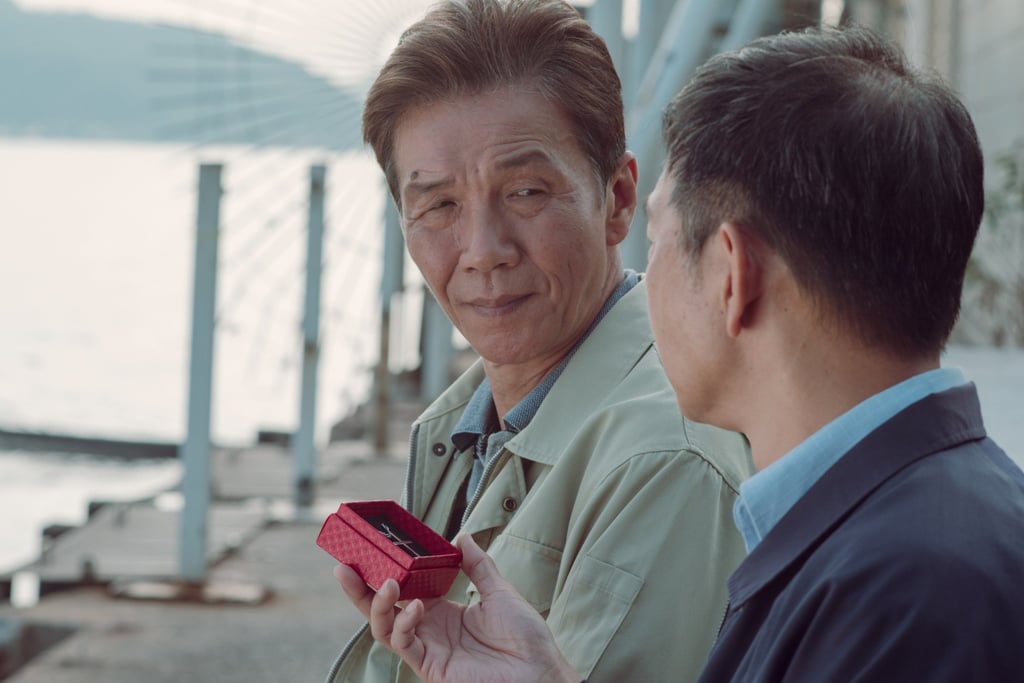
“To be considered in the same category makes me feel very humble,” he says. “When I started as a 17-year-old, I never imagined I would be in this position.”
Born Cheung Ka-nin in Hong Kong in 1950, Tai Bo entered the film industry on the ground floor, as a script supervisor. Gradually he worked his way up to assistant director, and even directed his own independent feature.
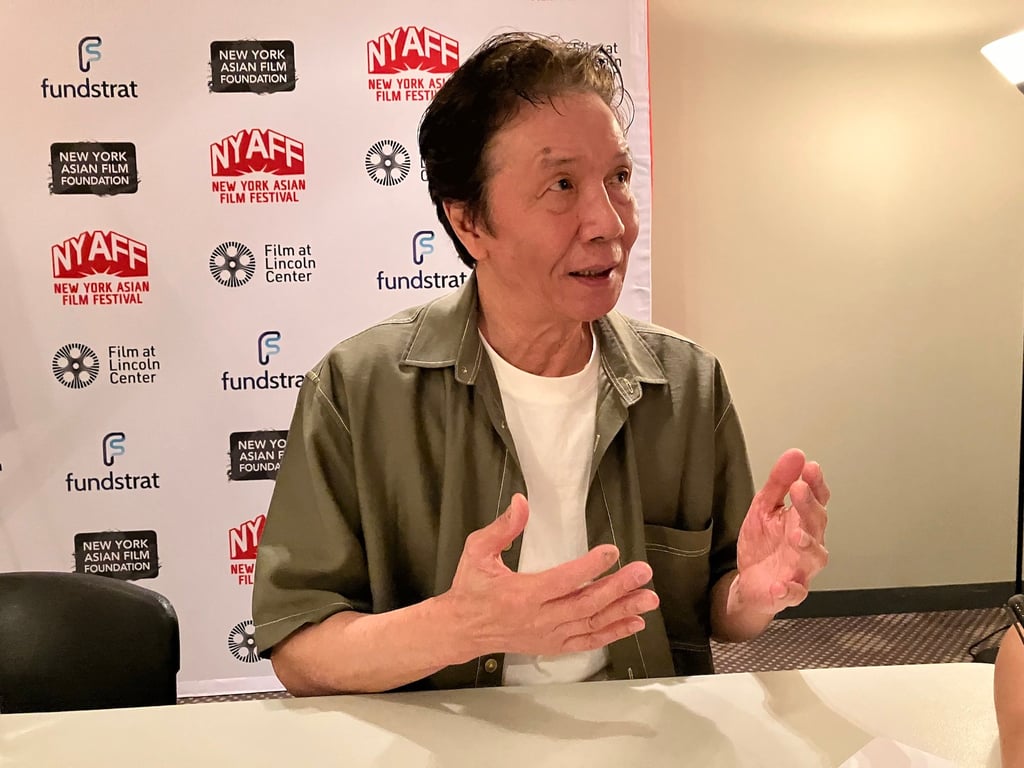
“What I learned during that period was how to protect my body,” he says, laughing. “I saw a lot of action behind the camera, so I had a good idea of how it’s staged. When Jackie’s team would practise, I’d just join in.”
“It would literally be five days on one set, five days on another,” he says.
I’ve known a few gangsters from Taiwan. They don’t say much, but they have some kind of energy or presence that’s quite scary. I needed to express that same menace
Tai Bo cites 1984’s Law with Two Phases as an important early role. His performance as a drug addict won him his first nominations for acting awards. But he was still positioned in the industry as a character actor.
“I was a working actor,” he says. “I didn’t have time to prepare for roles because I would be moving to another very quickly. I think directors cast me because I wouldn’t cause drama or have an attitude.”
“Entering that world, I was exposed to a different kind of cinema than the factory style I was used to in Hong Kong,” he says. “All of a sudden I was working in global cinema.”
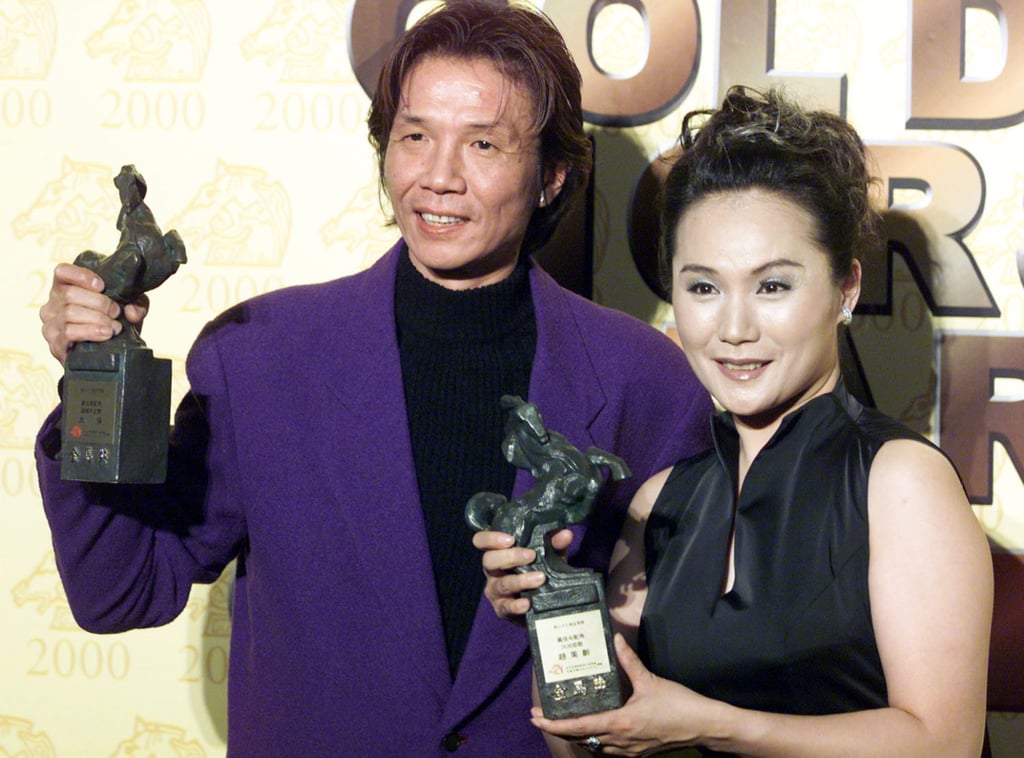
While continuing to appear in big-budget films, Tai Bo also took roles in smaller, quirkier films. In 2000, he won a Golden Horse award for best supporting actor for his role in Taiwanese film The Cabbie.
“The script was based on a book of short stories about men in their twilight years trying to find happiness,” Tai Bo says. “I spent months thinking about whether to take the role. My biggest concern was: how was I going to play ‘gay’? My family was so supportive, I finally said yes.
“Then I asked Ray how explicit the film would be. He’s like, ‘Well, we’re not making a porno, so you should be fine’.”
Tai Bo developed his character in Suk Suk by studying men in the same age range, picking up the way they looked, how they moved. Unusually for an actor, he never watches monitors after takes. “As long as Ray says, ‘OK’, we’re good.”
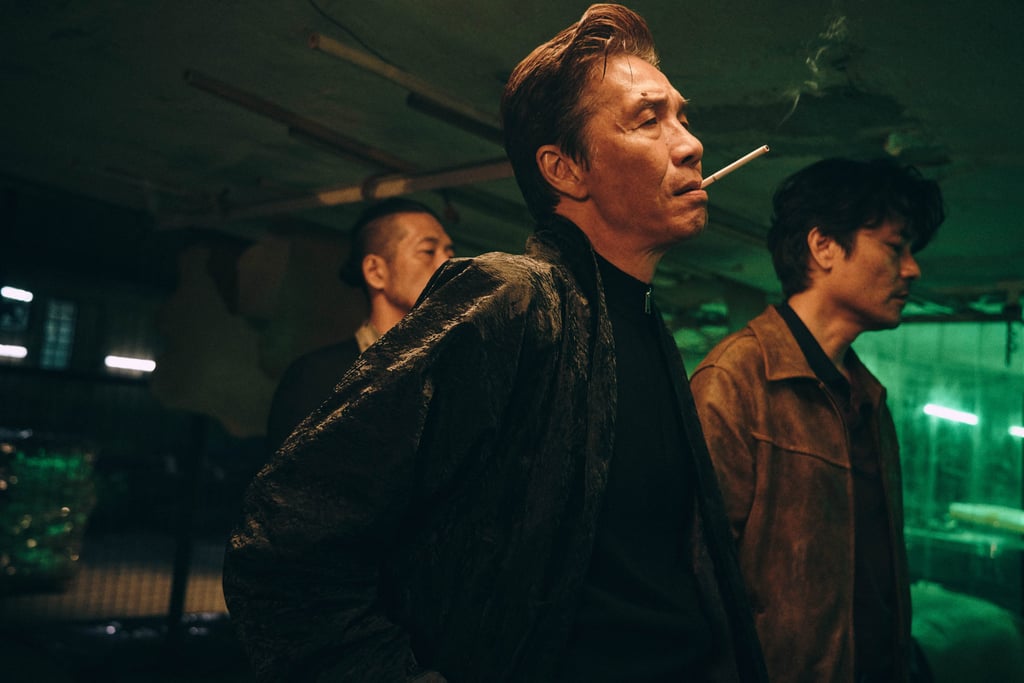
The actor followed Suk Suk with a string of performances that showed both his depth and versatility.
Tai Bo laughs about his character in Hand Rolled Cigarette. “I’ve known a few gangsters from Taiwan,” he says. “They don’t say much, but they have some kind of energy or presence that’s quite scary. I needed to express that same menace very quickly.”
Some of these new directors watched me in films while they were growing up
In his latest film, For Alice, which received its world premiere at the New York festival, Tai Bo plays an ex-con trying to reconcile with his daughter.
His character, Chen Shuang, has just left prison after serving a long sentence. Mobile phones and chargers are mysteries. His only remaining friend wants him to return to crime.
At first Chen observes his new world wordlessly. Tai Bo conveys his character’s emotions by the way he holds a cigarette, his stooped posture on a park bench, his narrowed eyes as he stares at neighbours in the historic Mirador Mansion, in Tsim Sha Tsui.
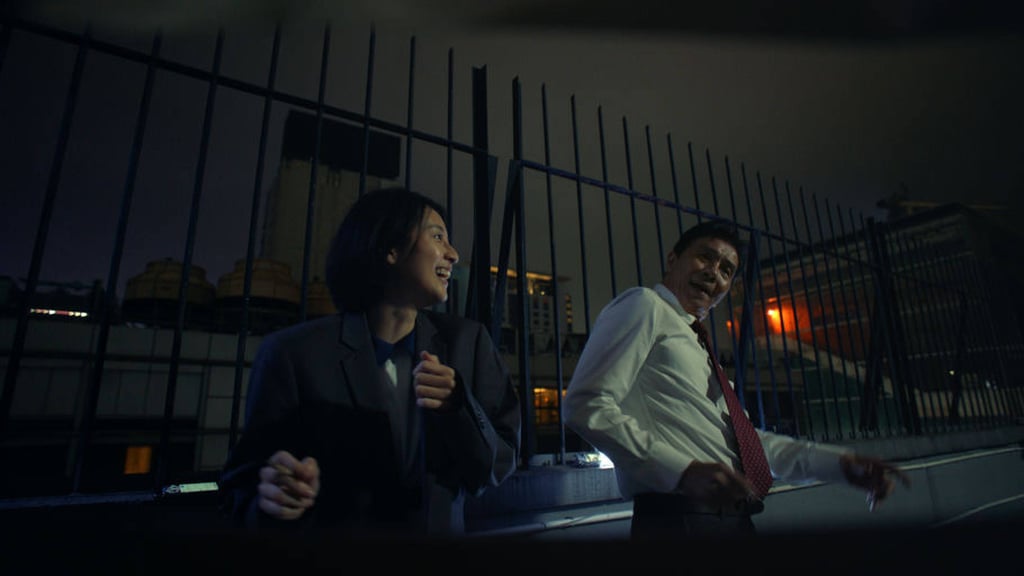
“Chen’s been in prison for 20 or 30 years,” he explains. “He wants to connect with his daughter [Alice, played by Kuku So Tsz-yan], but he’s been gone so long he’s afraid to explain himself. He has to be careful, quiet. That’s why I gave a sort of ‘silent’ performance.”
“In Chinese society, people can become selfish after a death in the family,” he says. “Ray really understands that society, he’s part of those communities himself. He doesn’t want to judge these people – he wants the audience to approach them on an even playing field.
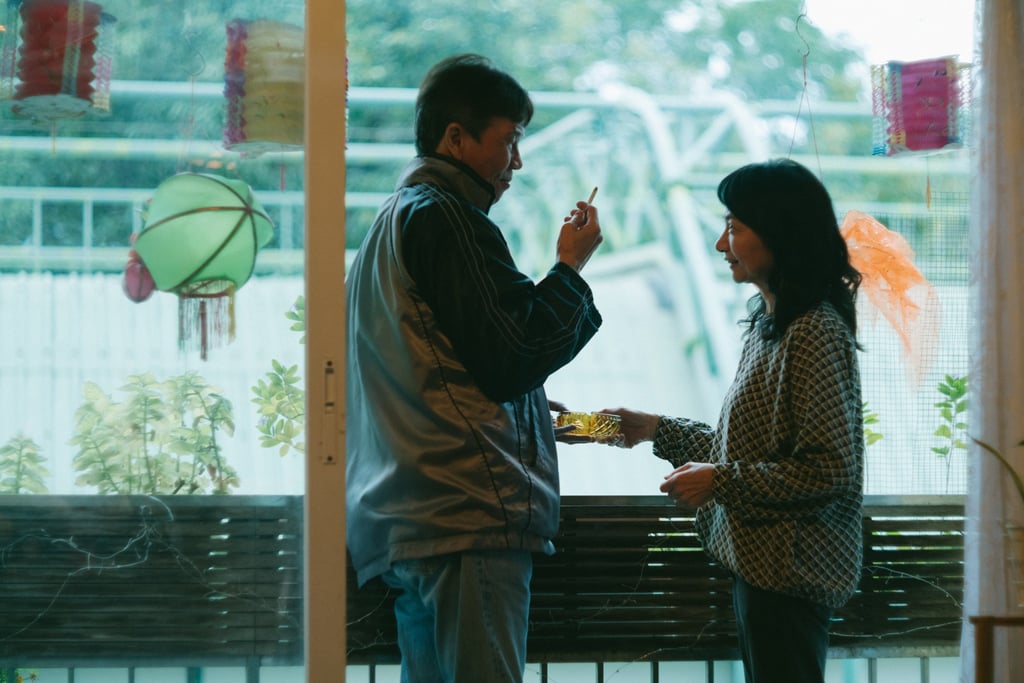
“The choices Shing makes in this film are based on his family,” the actor says. “They make sense to him. Ray didn’t give me any specific direction about how to play him. He let me take my own way.”
Tai Bo clearly still relishes working, and has no intention of stopping. His recent films show his eagerness to work with new talent.
“Some of these new directors watched me in films while they were growing up,” he says. “What I like is that a lot of them write their own stories. They bring a fresh perspective to filmmaking.
“I’m honoured that they ask me to go on these journeys with them.”

